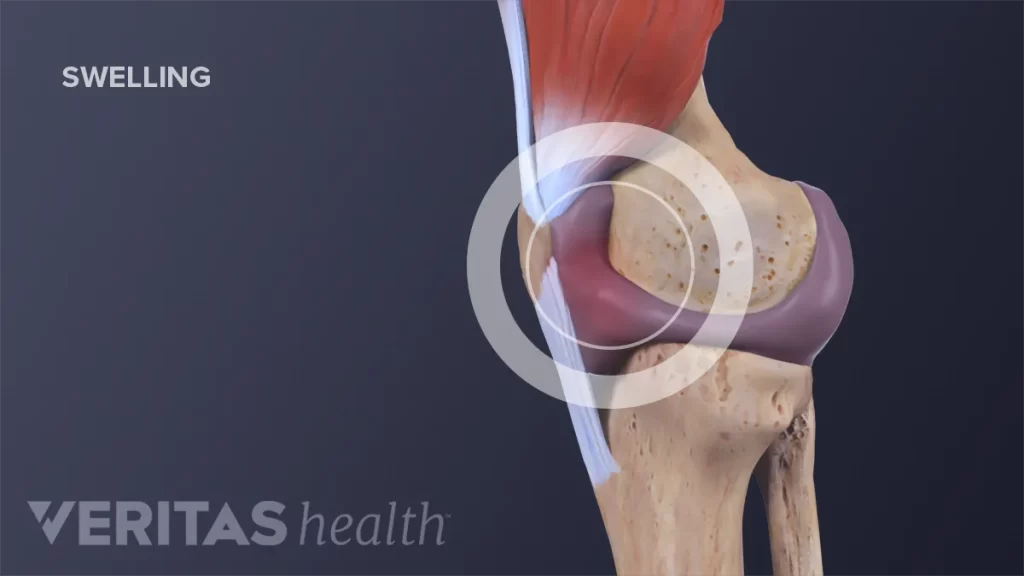Exploring the Connection Between Gut Health and Inflammation in Joints
Understanding the intricate connections between different systems in our body can provide valuable insights into managing various health conditions. One such intriguing link exists between gut health and joint inflammation. In this article, we’ll explore how the health of our gut can impact joint inflammation and overall musculoskeletal health.

How does gut health affect joints?
The health of our gut plays a crucial role in regulating inflammation throughout the body, including the joints. An imbalance in gut bacteria or dysbiosis can lead to increased permeability of the intestinal barrier, allowing harmful substances like bacteria and toxins to leak into the bloodstream. This process, known as leaky gut syndrome, triggers an immune response, resulting in systemic inflammation that can exacerbate joint inflammation.
What is the connection between gut and inflammation?
Gut Health and Joint Inflammation: Our gut’s health is vital for managing inflammation, including joint inflammation. Disruption in the equilibrium of these gut bacteria can trigger chronic inflammation, closely associated with diverse inflammatory disorders like arthritis. Moreover, consumption of inflammatory-inducing foods like processed items and refined sugars can worsen gut inflammation and aggravate joint issues.

Can a healthy gut help arthritis?
Emerging research suggests that improving gut health through dietary modifications, probiotics, and lifestyle changes may help alleviate symptoms of arthritis and reduce inflammation in the joints. By promoting a healthy balance of gut bacteria and reducing gut inflammation, individuals may experience improvements in joint pain, stiffness, and overall mobility. Incorporating anti-inflammatory foods, such as fruits, vegetables, fatty fish, and probiotic-rich foods like yogurt and kefir, can support gut health and potentially mitigate arthritis symptoms.
How can you tell if your gut is inflamed?
Several signs and symptoms may indicate gut inflammation, including:
- Digestive issues such as bloating, gas, diarrhea, or constipation
- Food sensitivities or intolerances
- Chronic fatigue or low energy levels
- Joint pain or inflammation
- Skin problems like acne, eczema, or psoriasis
- Mood disorders such as anxiety or depression
If you experience any of these symptoms, it’s essential to consult with a healthcare professional to determine the underlying cause and develop an appropriate treatment plan.
Conclusion:
Maintaining a healthy gut is paramount for overall well-being, including joint health. By understanding the intricate links between gut health and joint inflammation, individuals can take proactive steps to support their gut microbiome and reduce the risk of chronic inflammatory conditions like arthritis. Through dietary modifications, lifestyle changes, and targeted interventions, it’s possible to promote gut health and alleviate joint inflammation, leading to improved quality of life and enhanced musculoskeletal health.
Know More About The Microbiome-Joint Axis: Exploring the Gut’s Influence on Joint Pain
Total Joint Replacement Surgery: Post-Procedure Rehabilitation.
